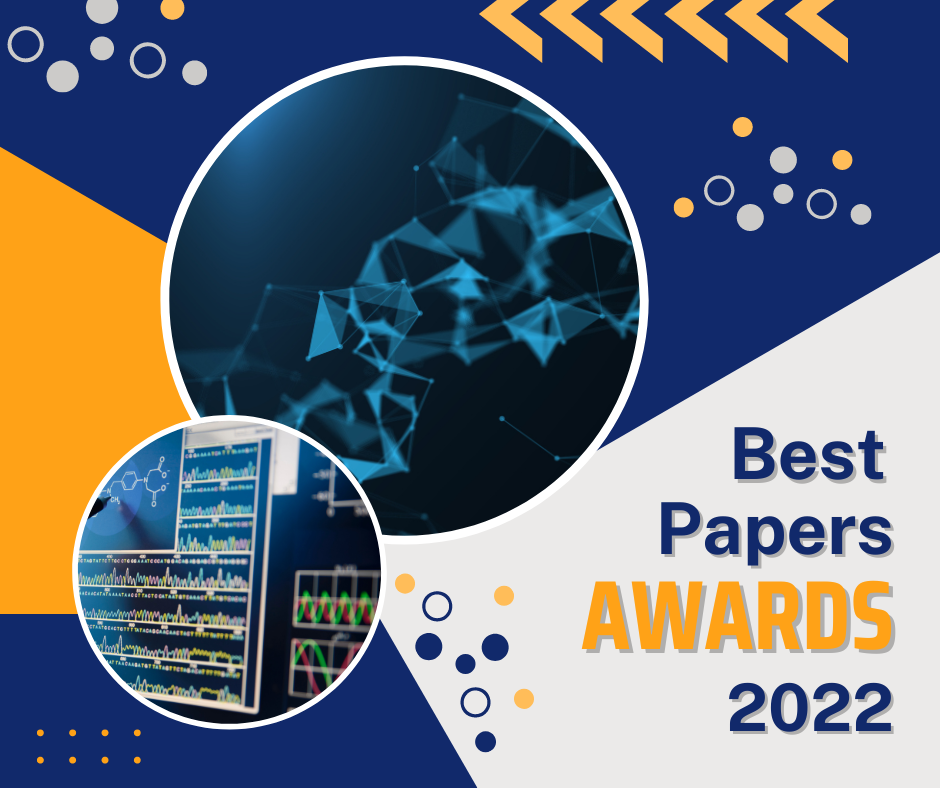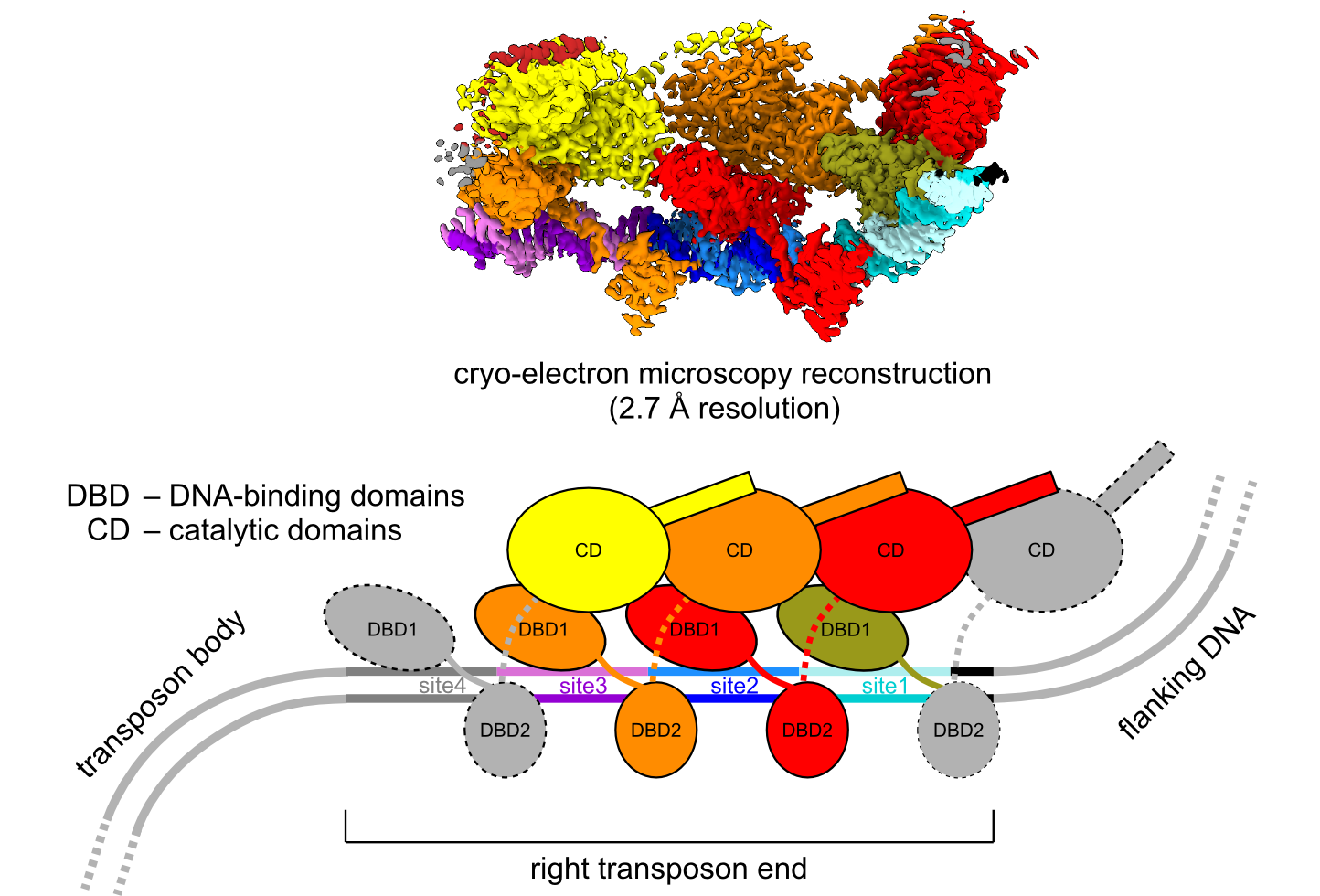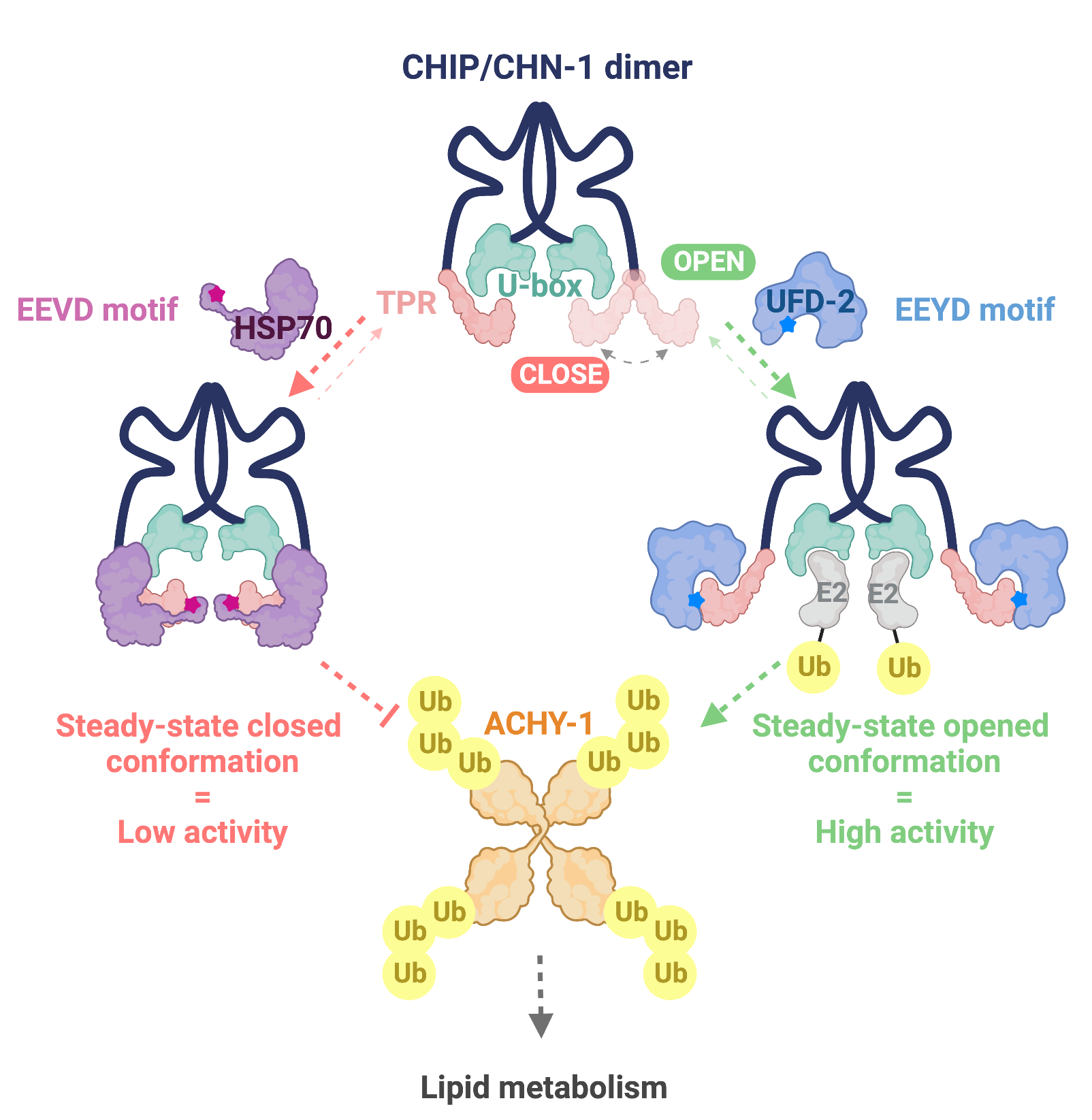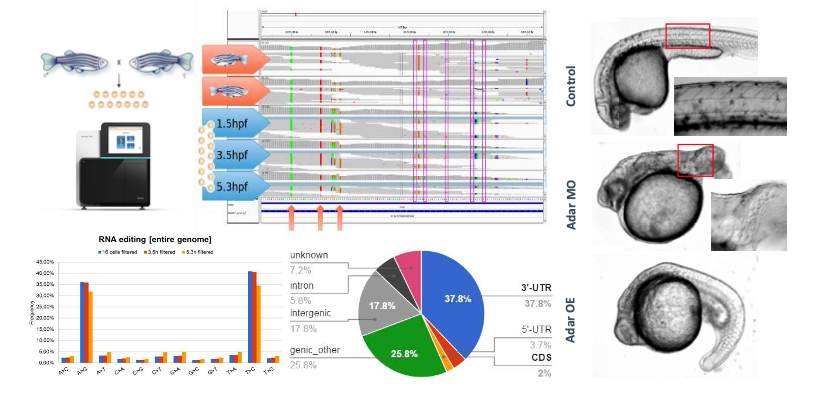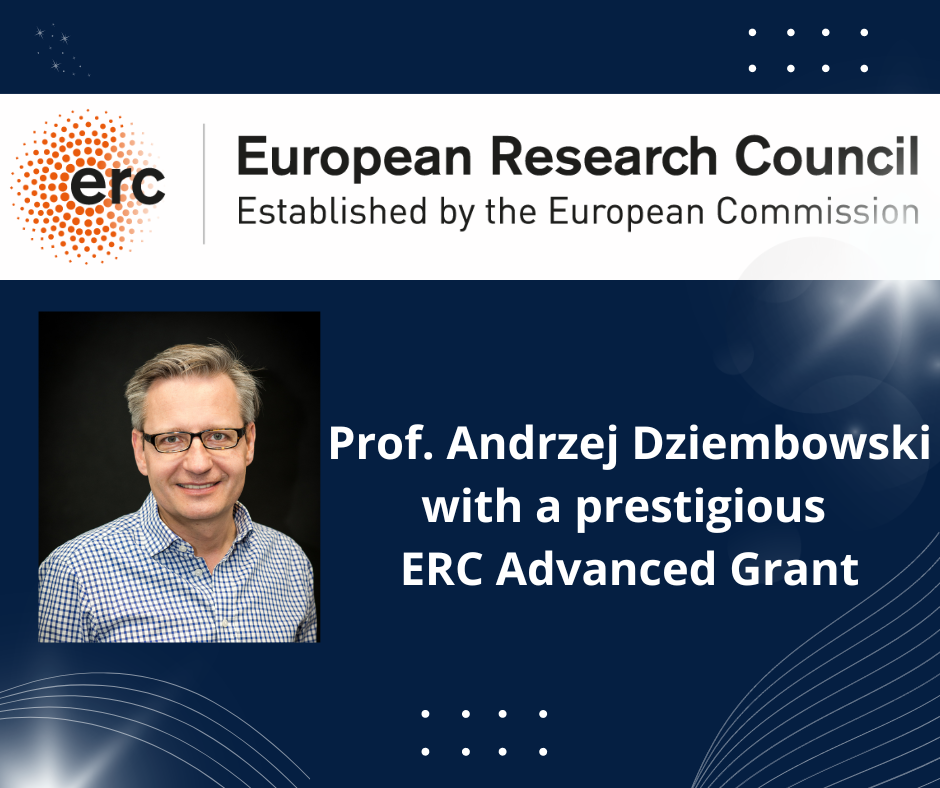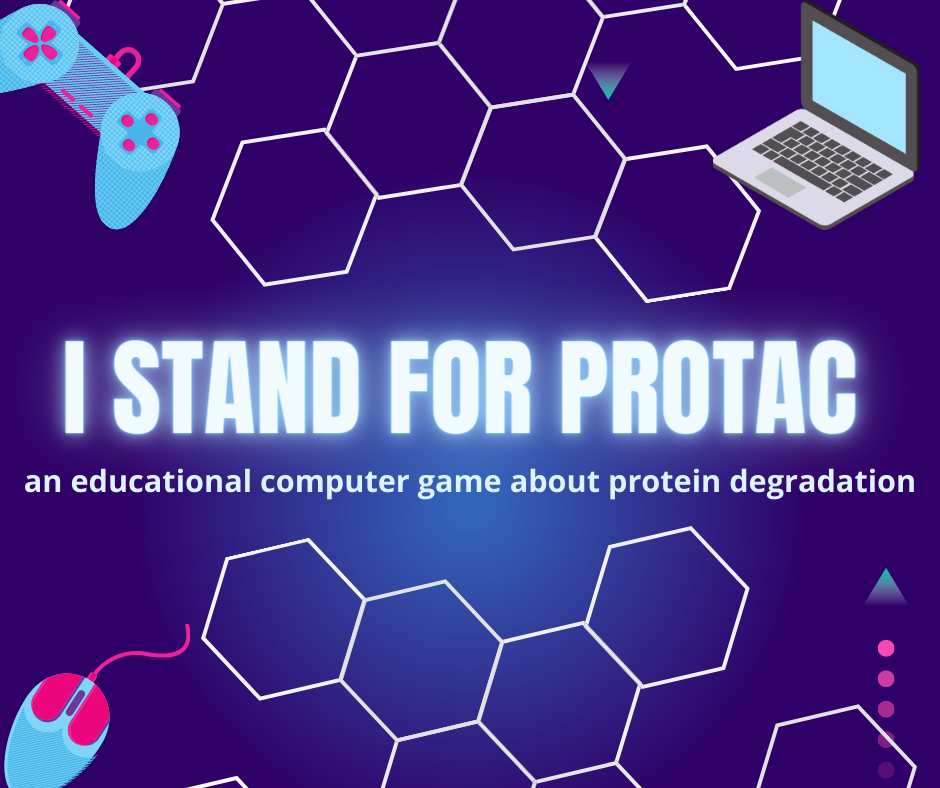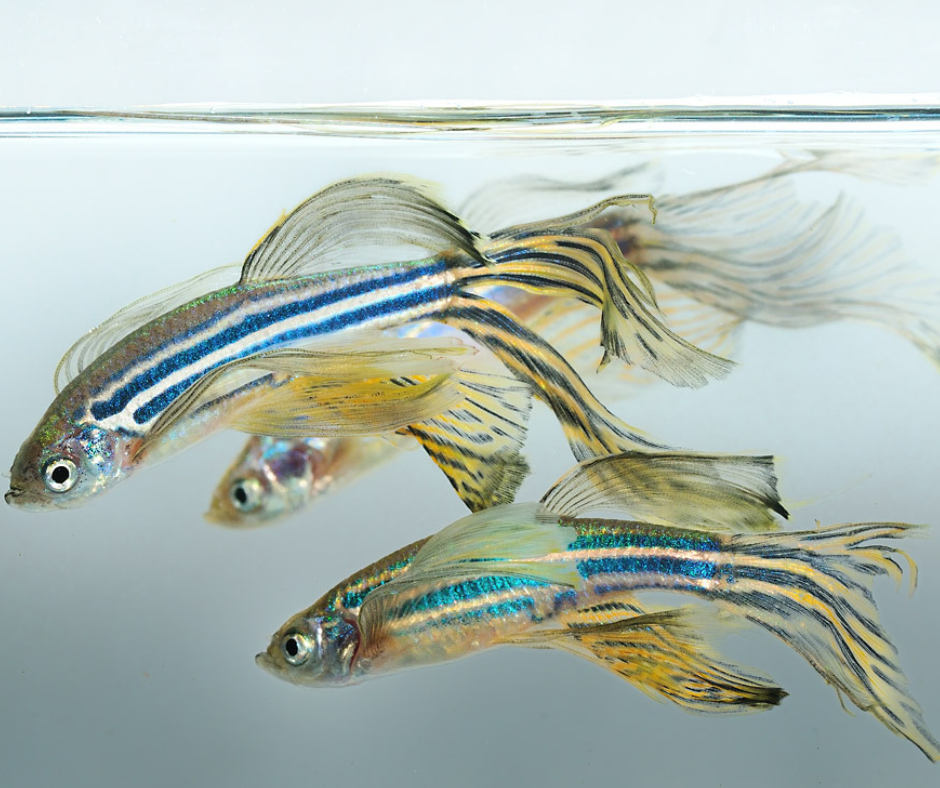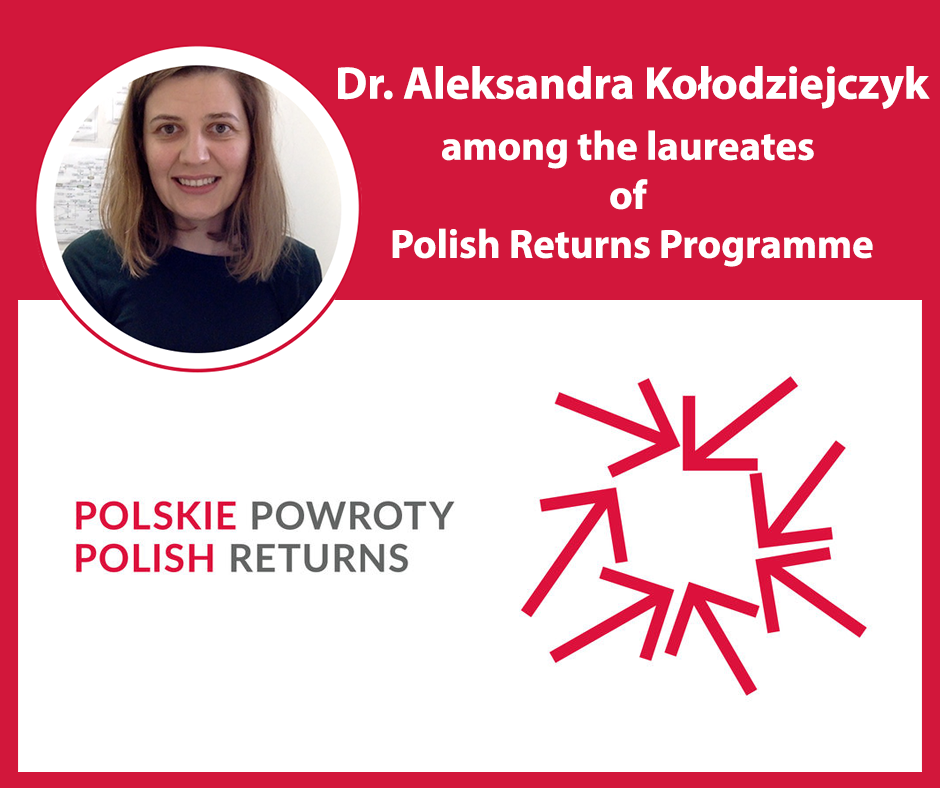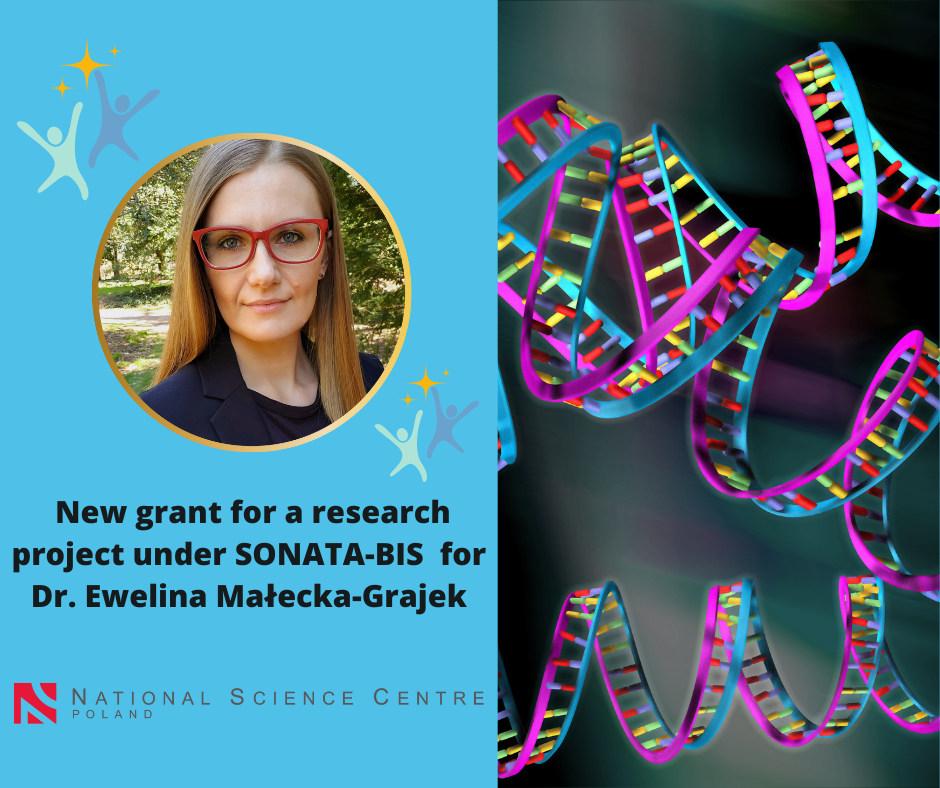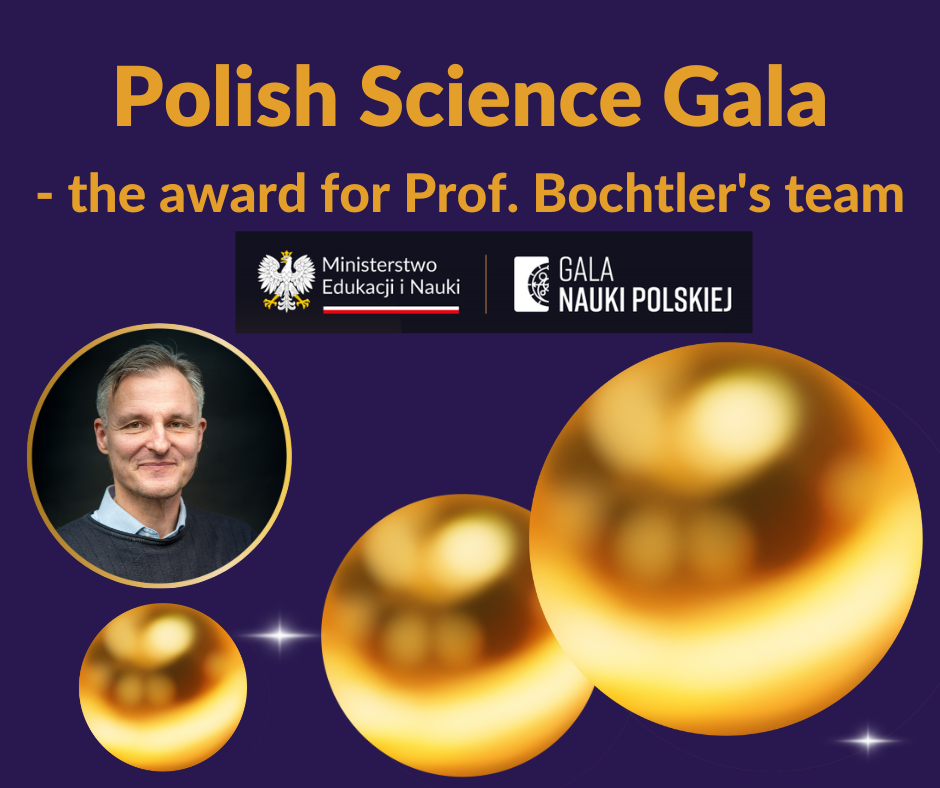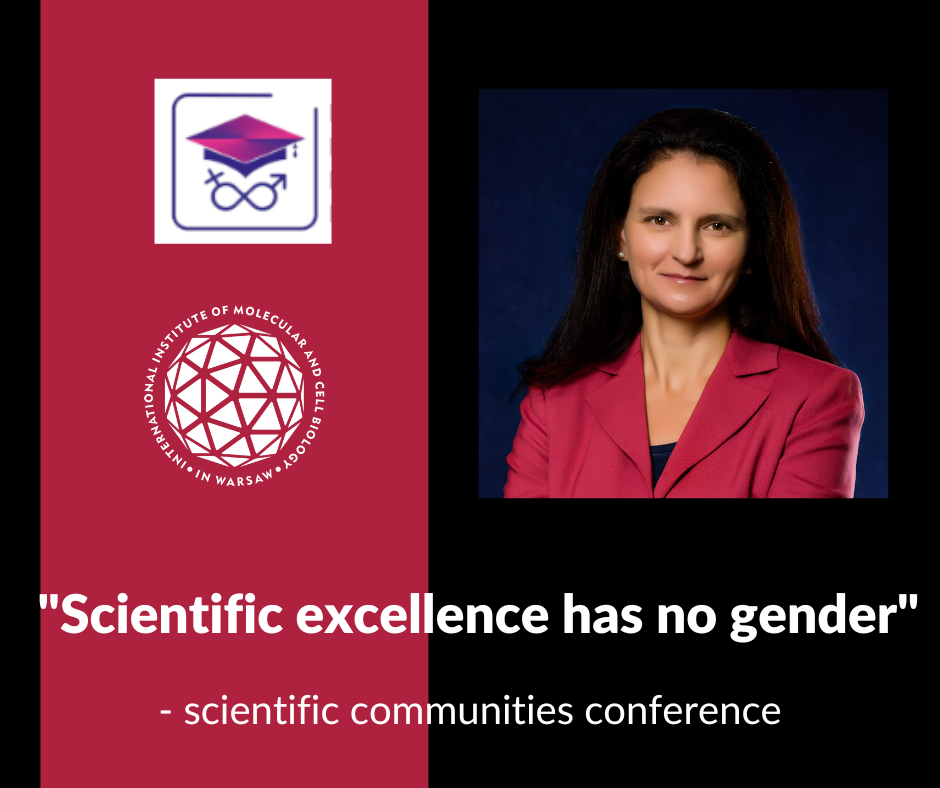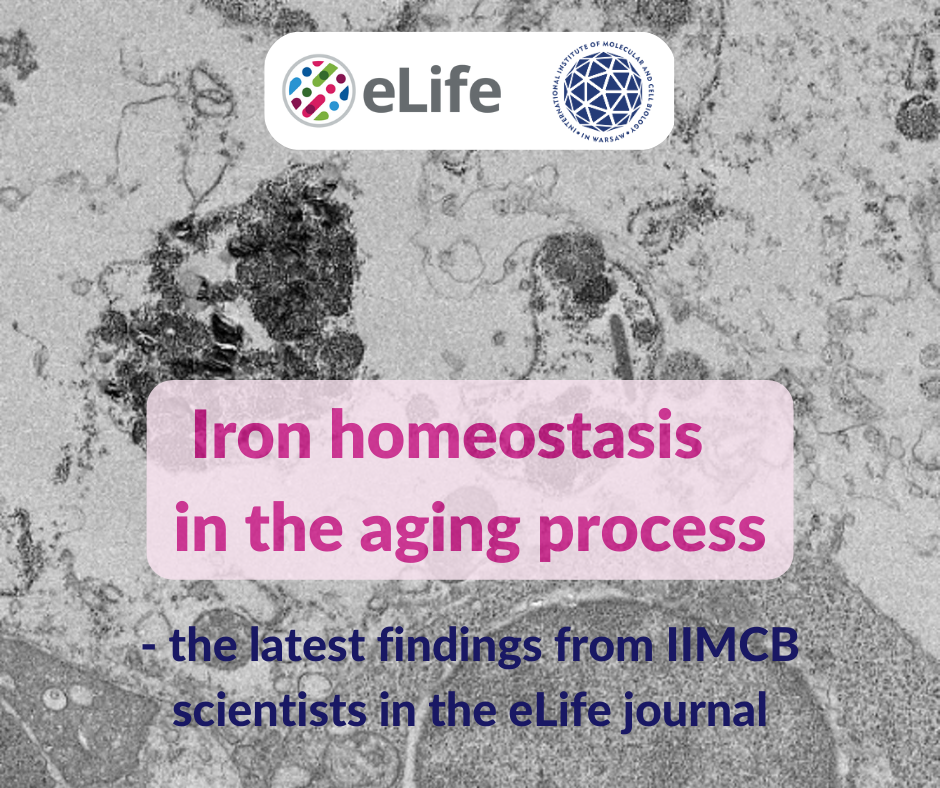We already know the results of the Best Papers Awards 2022! The best scientific papers of the past year, affiliated with IIMCB, were awarded. Any experimental work of a scientific nature with no subject restriction could be submitted to this Competition. The best publications were selected by the Jury consisting of all Laboratory Leaders, based on content and significance and not bibliometric data. Laboratory Leaders were not allowed to vote for papers from their own laboratory. In 2022, the following papers were awarded:
- 1st PLACE
Kaczmarska Z*, Czarnocki-Cieciura M*, Górecka-Minakowska KM*, Wingo RJ, Jackiewicz J, Zajko W, Poznański JT, Rawski M, Grant T, Peters JE#, Nowotny M#. Structural basis of transposon end recognition explains central features of Tn7 transposition systems. Mol Cell, 2022; 82(14):2618-32.e7. doi: 10.1016/j.molcel.2022.05.005
*these authors contributed equally; #corresponding authors; in bold authors affiliated with IIMCB
Transposons, also called “jumping genes”, are DNA fragments that can move within or between genomes in a process called transposition. In bacteria, transposons are involved in the transmission of antibiotic resistance and virulence genes. Bacterial Tn7 elements are among the best-studied and most widespread DNA transposons. Tn7 mobility is mediated by five element-encoded proteins. Transposition occurs via a cut-and-paste mechanism that is executed by a heteromeric transposase, TnsA-TnsB, which is recruited to the target DNA by TnsC protein, which is an AAA+ ATPase. TnsC interacts with one of the two target selectors, TnsD or TnsE. TnsD directs the element to the conserved chromosomal attTn7 site, whereas TnsE allows transposition to conjugal plasmids. CRISPR-associated transposon (CAST) elements that use element-encoded CRISPR-Cas systems for RNA-guided DNA transposition are related to Tn7 and encode TnsB-like transposases. They may provide new tools for next-generation gene editing.
Scientists from the Laboratory of Protein Structure, led by Marcin Nowotny, in collaboration with the Joe Peters group from Cornell University, studied the structure and mechanism of prototypic E. coli Tn7 TnsB. They used cryoelectron microscopy (cryo-EM) to determine the structure of a complex of TnsB with double-stranded DNA that corresponded to the right end of the transposon at 2.7 Å resolution. The structure shows that multiple TnsB chains, which adopt a beads-on-a-string architecture, interact with repeating binding sites in the DNA. Upon this interaction the DNA-binding and catalytic domains of TnsB chains are arranged in a tiled and intertwined fashion. TnsB forms few base-specific contacts with DNA that lead to binding preference rather than strict specificity. The formation of an array of TnsB molecules that bind to multiple weakly conserved sites at appropriate spacing converts this preference into specific end recognition. These scientists also proposed a model of the TnsB strand-transfer complex that aims to understand late steps of the Tn7 TnsB reaction. Collectively, these results help explain how subtle differences in the spacing of binding sites are used for specific transposon end recognition and define central features of Tn7 transposition systems.
- 2nd PLACE
Das A, Thapa P, Santiago U, Shanmugam N, Banasiak K, Dąbrowska K, Nolte H, Szulc NA, Gathungu RM, Cysewski D, Krüger M, Dadlez M, Nowotny M, Camacho CJ, Hoppe T, Pokrzywa W#. A heterotypic assembly mechanism regulates CHIP E3 ligase activity. EMBO J, 2022; 41(15):e109566, doi: 10.15252/embj.2021109566
#corresponding author; in bold authors affiliated with IIMCB
The fate of eukaryotic proteins is supervised by the chaperone network and the ubiquitin-proteasome system (UPS). CHIP (C‐terminus of Hsc70‐interacting protein) is an important quality control E3 ubiquitin ligase that links the chaperone system with the UPS to degrade damaged proteins. It also mediates chaperone-independent ubiquitylation and can interact with other E3s. However, the regulation of CHIP processivity and substrate selectivity in response to chaperone and E3 binding has remained unclear. Scientists from the Laboratory of Protein Metabolism, led by Wojciech Pokrzywa, performed a structural-functional analysis of the complex that was formed by CHIP and UFD-2, another E3 ubiquitin ligase, guided by the idea that they form a highly processive ubiquitylation system alternative to the CHIP/chaperone axis. The data showed that UFD-2 binding promotes structural gain of function in CHIP. The researchers demonstrated that the heat shock protein Hsp70 outcompetes UFD-2 for CHIP binding and negatively regulates activity of the complex by stabilizing the auto-inhibited state of CHIP. Using the nematode Caenorhabditis elegans, the scientists discovered that an interaction with UFD-2 enables CHIP to regulate S-adenosylhomocysteinase, an enzyme that is crucial for cellular methylation. The results obtained by the Pokrzywa group open new horizons in research on the cooperation of ubiquitin ligases in gaining high activity and substrate selectivity. In addition, the revealed CHIP processivity switching mechanism has potential application in targeted protein degradation approaches.
- 3rd PLACE
Niescierowicz K*, Pryszcz L*, Navarrete C*, Tralle E*, Sulej A*, Abu Nahia K, Kasprzyk ME, Misztal K, Pateria A, Pakuła A, Bochtler M#, Winata C#. Adar-mediated A-to-I editing is required for embryonic patterning and innate immune response regulation in zebrafish. Nat Commun, 2022; 13(1):5520, doi: 10.1038/s41467-022-33260-6
*these authors contributed equally; #corresponding authors; in bold authors affiliated with IIMCB
Adenosine-to-inosine (A-to-I) editing is necessary for regulating the innate immune system in humans and other mammals and it is implicated in human diseases, including autoimmune conditions. The enzyme adenosine deaminase acting on RNA (Adar) is responsible for catalyzing such editing, which entails the deamination of adenosine (A) at the C6 position, giving rise to an inosine (I). Researchers from the Laboratory of Zebrafish Developmental Genomics and Laboratory of Structural Biology, led by Cecilia Winata and Matthias Bochtler, respectively, investigated the role of Adar in zebrafish, where it is highly expressed in the earliest stages of embryogenesis. Genome-wide editing discovery by combined analyses of the parental genome and embryonic transcriptome uncovered prevalent A-to-I editing in maternal and the earliest zygotic transcripts, the majority of which occurred in the 3’-untranslated region. Transcripts that are known to play a role in gastrulation and embryonic patterning were found to contain multiple editing sites, suggesting that Adar may exert its function through them. Through Adar loss- and gain-of-function experiments, the researchers demonstrated that maternal Adar function is essential for proper embryonic patterning along the antero-posterior and dorso-ventral axes, and this function depends on an intact deaminase domain. Analyses of adar zygotic mutants revealed the distinct zygotic function of Adar in regulating the innate immune response, a role that is conserved in mammals. Collectively, the study established a novel function of Adar-mediated A-to-I editing in regulating embryonic patterning and revealed the conservation of zygotic Adar function between zebrafish and mammals.
Prof. Andrzej Dziembowski with a prestigious
ERC Advanced Grant!
Prof. Andrzej Dziembowski from the International Institute of Molecular and Cell Biology in Warsaw, has received an ERC Advanced Grant. It is the first time that a scientist working in the field of life sciences in Poland has received such a grant. This prestigious award is given by the European Research Council (ERC) to outstanding scientists to finance their cutting-edge research. The goal of Prof. Dziembowski's project is to explore the mechanisms of mRNA processing in cells and throughout the body which will enable the development of a new generation of mRNA-based therapies. The project, with the acronym ViveRNA, will last 5 years and has a budget of almost 2.5 million euros.
mRNA vaccines were a milestone in the fight against the COVID-19 pandemic. They paved the way for mRNA-based therapies and enabled their wider use in medicine. However, the processes of mRNA metabolism at the organism level are still not fully understood which limits the possibilities for improving vaccines and RNA-based therapies. For this reason, Prof. Andrzej Dziembowski and his team will thoroughly investigate how to increase mRNA stability which should enable optimization of mRNA applications in medical therapies.
- The stability of mRNA molecules is affected by the length of their poly(A) tail, which in turn has implications for the efficacy of therapeutics. The preliminary data collected by my team have shown that the variability in how poly(A) tails are processed in different cells is much greater than previously thought, says Prof. A. Dziembowski. One of our goals is to improve the accuracy of the method for determining the properties of mRNAs, including measurements of the poly(A) tail length. In our work, we will use primary cell cultures and synthetic biology methods. I believe that this research will facilitate the development of next-generation mRNA therapeutics - adds Prof. Dziembowski.
The prestigious ERC grants support groundbreaking research conducted in a wide range of fields, from physics and medicine to social sciences and humanities. ERC projects are awarded according to a "high risk-high gain" principle. The sole criterion for evaluating project ideas is scientific excellence. This year, the European Research Council awarded 218 Advanced Grants out of 1.650 applications submitted. The value of all grants awarded amounts to 544 million euro. The program is expected not only to strengthen the quality of research across Europe, but also to create new jobs for postdoctoral fellows, doctoral students and other staff at the institution where the awarded project is being carried out.
- Receiving an ERC Advanced Grant is a great achievement in the career of any scientist.
I wholeheartedly congratulate our awardee and his research team. I strongly believe in the success of the planned work, especially since research in RNA biology is currently one of the most promising and actively developed directions in the life sciences, with great potential for application in medicine. I am also pleased because this is yet another ERC grant awarded to a project carried out at our Institute, although the previous ones (ERC Starting Grants) were led by scientists at earlier stages of their careers. It is encouraging that the ERC-appointed experts from the international scientific community appreciate the importance and value of the research conducted at our Institute - says Prof. Marta Miączyńska, the Director of the International Institute of Molecular and Cell Biology in Warsaw.
The European Research Council (ERC) was established in 2007 by the European Commission. It is an independent EU agency that funds top-quality research conducted within the European Union.
Professor Andrzej Dziembowski currently heads the Laboratory of RNA Biology – ERA Chairs Group at the International Institute of Molecular and Cell Biology in Warsaw. He also collaborates with the University of Warsaw.
Title of the awarded project: Principles of endogenous and therapeutic mRNA turnover in vivo (ViveRNA).
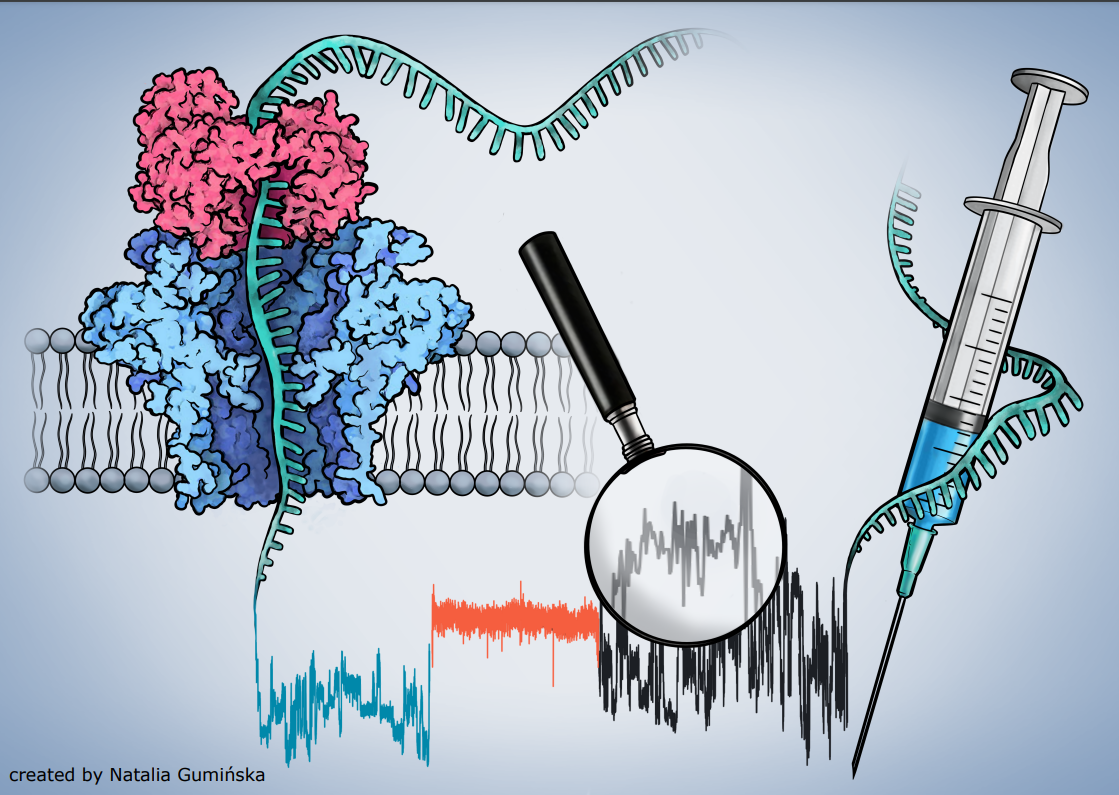
 “Funded by the European Union (ERC, ViveRNA, 101097317). Views and opinions expressed are however those of the author(s) only and do not necessarily reflect those of the European Union or the European Research Council Executive Agency. Neither the European Union nor the granting authority can be held responsible for them.”
“Funded by the European Union (ERC, ViveRNA, 101097317). Views and opinions expressed are however those of the author(s) only and do not necessarily reflect those of the European Union or the European Research Council Executive Agency. Neither the European Union nor the granting authority can be held responsible for them.”
The main protagonists are enzymes of the ubiquitin-proteasome system. Place of action: the human body. The goal: to impersonate the UPS protein E3 ligase and catch substrates in time for ubiquitination. Sound mysterious? We are truly pleased to announce that preparations for a new educational project of IIMCB for schoolchildren, funded by the Ministry of Education and Science grant, have already started. The grant is being implemented under the leadership of Dr. Wojciech Pokrzywa, Head of the Laboratory of Protein Metabolism; the coordinator of the educational project is Natalia Szulc, a PhD student and Fulbright Junior Research Award recipient.
The project aims to create an educational computer game that will explain in an accessible way the mechanism of action of modern anticancer drugs e.g. of the PROTAC type. The game's protagonists will be the enzymes of the ubiquitin-proteasome system (UPS) and their substrates. The player will aim to impersonate the UPS protein E3 ligase and catch its substrates in time for their ubiquitination and targeting for 26S proteasome-dependent degradation. For example, with a power-up - a PROTAC-type drug - the E3 ligase will be able to ubiquitinate proteins that have not previously been its substrates - such as oncoproteins.
Each step of the action the player takes will be preceded by a short instruction. Then, after each step of the action, a description of the biological mechanism that occurred as a result of the action taken will be displayed. The game will have an encyclopedic section, with detailed information on each issue covered and the protagonist as well. After completing the game, the player will have the opportunity to test his knowledge in a quiz. The game will be available in Polish and English, and its target audience will be high school students in Poland. The game aims to introduce the mechanisms of modern anti-cancer drugs and consolidate confidence in medicine and science. The game is expected to be developed by the end of July 2024.
Epilepsy is one of the most common neurological disorders affecting people around the world. According to WHO’s estimates, about 60 million people suffer from it. In Poland, the disease affects about 1% of the total population. Despite significant advances in epilepsy research over the past few decades, it is still a disease that often remains undiagnosed or inadequately treated. The reason of this situation is the fact that even in case of diseases with a known origin, many questions still remain without answers, as it is difficult to grasp all the aspects to develop an effective therapy. The use of animal models, such as zebrafish, has made a great contribution to the study within this area.
We are pleased to inform that Justyna Zmorzyńska from the Laboratory of Molecular and Cellular Neurobiology in the IIMCB was invited to participate in a collaborative project to create an educational resource, the Handbook of animal models in neurological disorders, edited by Colin R. Martin, Vinood B. Patel, and Victor R. Preedy (Elsevier, 2023). Olga Doszyń, Tomasz Dulski, and Justyna Zmorzyńska delivered a chapter entitled ”The zebrafish model of Tuberous sclerosis complex to study epilepsy” in which they describe specific methodologies and concepts to study epilepsy in zebrafish larvae in a high-throughput manner and clinically-relevant adequacy. In this chapter, authors give details on breeding and genotyping of the animal model, on how to adequately measure brain activity and seizure-like behavior, how to analyze epileptogenesis, and which technologies should be used to study underlying molecular pathomechanisms.
The publication is available through the Open Gate website.
O Doszyn, T Dulski, J Zmorzynska. "The zebrafish model of Tuberous Sclerosis Complex to study epilepsy" in the Handbook of Animal Models in Neurological Disease edited by Colin Martin, Vinood B Patel and Victor R Preedy, Elsevier, 2023.
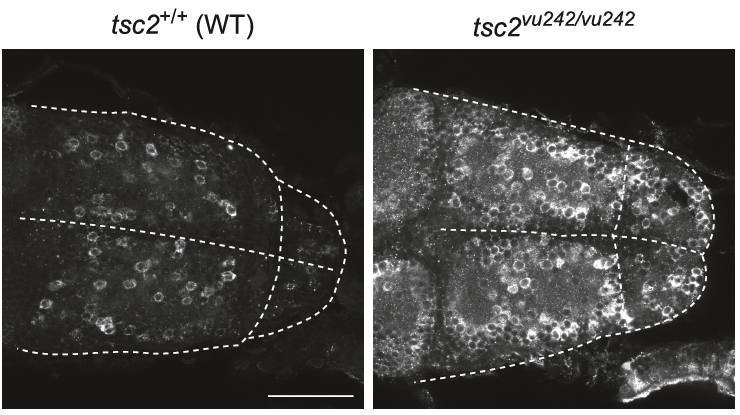
Dr. Aleksandra Kolodziejczyk, the Head of Laboratory of Cellular Genomics at the International Institute of Molecular and Cell Biology in Warsaw (IIMCB), has become a laureate of the Polish Returns Programme of the Polish National Agency for Academic Exchange (NAWA). The awarded grant will support Dr. Kołodziejczyk in the establishment of her group at the IIMCB and it will allow her to develop a research project within grant’s dedicated component funded by the National Science Centre (NCN). Congratulations to Aleksandra!
About the project
The microorganisms in the gut, called microbiota, affect physiology through metabolites which they produce. The liver is the first organ reached by nutrients and other molecules from the intestine, making the liver particularly exposed to microbial metabolites. The balance between microbiota, intestine, and liver functions is vital for gastrointestinal health. In this project, dr. Kołodziejczyk aims to describe the role of the gut in the context of liver cirrhosis and to unravel underlying mechanisms.
About the NAWA Polish Returns Programme
The aim of the Polish Returns Programme is to allow prominent Polish scientists to return to their country and take up employment in Polish higher education institutions, scientific units or research institutes.
On February 28 and March 1, 2023, the researchers from the International Institute of Molecular and Cell Biology in Warsaw participated in a training on Research Ethics & Integrity. Our lecturer was Prof. Ana Borovečki, the chair of the Department of Social Medicine and Organization of Healthcare at Andrija Stampar School of Public Health, School of Medicine, University of Zagreb, Croatia.
On February 28, 2023, the researchers took part in the lecture session on ethical considerations regarding research. Among others, this session included the following topics:
- types of research misconduct,
- reliability of research work,
- requirements for authorship,
- good practices for PhD students and their supervisors.
The session was very inspiring and it was of interest to both young and senior researchers. In particular, the participants enjoyed taking part in the on-line interactive tutorial.
On March 1, 2023, the PhD students participated in two workshops on research integrity. Prof. Borovečki explained and gave examples of the ethical guidelines for biomedical research in Europe. It was interesting to see how the ethical considerations differ in various parts of the world. The students used this opportunity to discuss ethical issues related to their own projects.
The Research Ethics & Integrity training was supported by the MOSaIC project which has received funding from the European Union’s Horizon 2020 research and innovation programme under grant agreement no 810425.

{gallery}research-ethics{/gallery}
We are happy to announce that Dr. Ewelina Małecka-Grajek, the Head of the Laboratory of Single-Molecule Biophysics, has received funding for a research project under the SONATA BIS 12 competition! The title of this project is "Dynamics of RNA-degrading complexes in bacteria" and the funding is more than PLN 3 million! Congratulations! Please find below a description of the winning project.
All biological processes, starting from bacteria fighting against viruses, to heart development in humans, are controlled by changes in the expression of genetic material and dynamic interactions between protein and RNA molecules. We already know a lot about how these proteins look structurally, what RNA elements they recognize, and what effect or lack of it such interactions have on the cell. In recent years, more and more emphasis has been placed on learning about the molecular mechanisms that govern biological processes. Through such research, not only can we understand how the mechanisms evolve, but we can also manipulate them better, for example, in the development of vaccines.
The goal of this project is to study the molecular mechanisms that govern communication between specific processes such as RNA silencing, RNA degradation, and translation in bacteria. Post-transcriptional regulation of genes is responsible for the bacterial response to stress, such as switching metabolism to available nutrients or adapting to host conditions in the case of pathogenic strains. This regulation is enabled by small RNAs (sRNAs) interacting with informational RNAs (mRNAs) on a complementary basis. The chaperone protein Hfq is involved in pairing sRNA and mRNA. The binding of mRNA by sRNA often leads to the degradation of both molecules, thus it lowers the expression of the target mRNA. In contrast, the degradation of most bacterial RNAs, including those paired by Hfq, is the responsibility of a protein complex called the degradosome containing the enzyme that catalyzes RNA cutting: ribonuclease E (RNase E). Interestingly, sRNAs are found in cells in complexes with Hfq, but also Hfq and the degradosome. It is not known what functional differences divide these complexes. The degradosome often also includes the RhlB helicase that unravels structured RNAs, so we hypothesize that the presence of the degradosome allows sRNAs to access previously inaccessible sites in target mRNAs. In addition, it is not known whether the formation of a stable mRNA-degrading complex depends on the order in which the individual components are attached. The previous studies have shown that most, but not all, sRNAs are degraded together with the target mRNA which would also lead to regulatory silencing. However, it is not known what factors determine sRNA degradation or whether Hfq is present in this process. If so, it is possible that short fragments remaining after RNA degradation remain bound to Hfq affecting the subsequent fate of target mRNAs. We are planning to reconstitute a catalytically active degradosome that also has the ability to interact with proteins. Using fluorescently labeled components, we will be able to track the folding of complexes in parallel with RNA catalysis.
The additional complexity of coordinating these processes is the fact that RNA undergoes continuous translation. It is known that sRNAs often target the ribosome's binding region on mRNA, but it is unclear whether there is a
direct competition between the ribosome and the sRNA-Hfq complex. In addition, degradosomes carrying out cutting in mRNA coding regions must coordinate directly with ribosomes.
We want to visualize how dynamic these processes are. The research conducted in this project will provide insight into the communication between key cellular processes involved in the expression of genetic information. We will learn about the dynamics of these mechanisms on the millisecond scale, and thus at the real time resolution at which these processes occur in the cell. By monitoring single molecules, we will also gain insight into the heterogeneity of these processes. All this information will be valuable in designing artificial regulators of gene expression and simulating their effects.
We are pleased to announce that the team of Prof. Matthias Bochtler has received the Award of the Minister of Education and Science for significant achievements in scientific activities. The Award was delivered as a result of the advanced studies on the mechanisms of DNA methylation and demethylation responsible for the epigenetic state of genomes. These studies have contributed to the understanding of the mechanisms responsible for epigenetic changes regulating gene expression and have been published in a series of six scientific articles, including Nucleic Acids Research. The Award Laureates were presented during the Polish Science Gala (Gala Nauki Polskiej), held on February 19, 2023 in Torun. Our sincere congratulations!
The team, led by Prof. Bochtler, is engaged in elucidating the mechanisms of insertion, reading, deletion and, above all, the function of DNA modification. DNA methylation is an evolutionarily early phenomenon, so that simple prokaryotic models can also be used for research. The use of bacterial systems makes it possible to find and characterize enzymes that are or can be used as tools in the study of DNA methylation in higher organisms. Prof. Bochtler uses a wide range of methods in biochemical research from structural biology of prokaryotic model systems, through chemical and biophysical analysis, ending with analysis in cells and at the bioinformatics level in animals. The long-term cooperation of Prof. Bochtler's team with the biotechnology company NEB - a key supplier of restriction endonucleases used in genetic engineering - indicates the high application potential of the ongoing research, including the proposed new molecular tools. The achievements of Prof. Bochtler's team are innovative and stand out for their very broad approach to structural biology, contributing to the development of the discipline.
The award-winning team members are:
- Prof. Matthias Bochtler,
- Dr.. Honorata Czapińska, DSc Habil
- Dr. Humberto Fernandes,
- Dr. Henryk J. Korza,
- Dr. Monika Kowalska,
- Dr. Anton Slyvka,
- Igor Helbrecht, MSc
- Marlena Kisiała, MSc
- Katarzyna Krakowska, MSc
- Michał Pastor, MSc
More about the event: https://www.gov.pl/web/edukacja-i-nauka/gala-nauki-polskiej
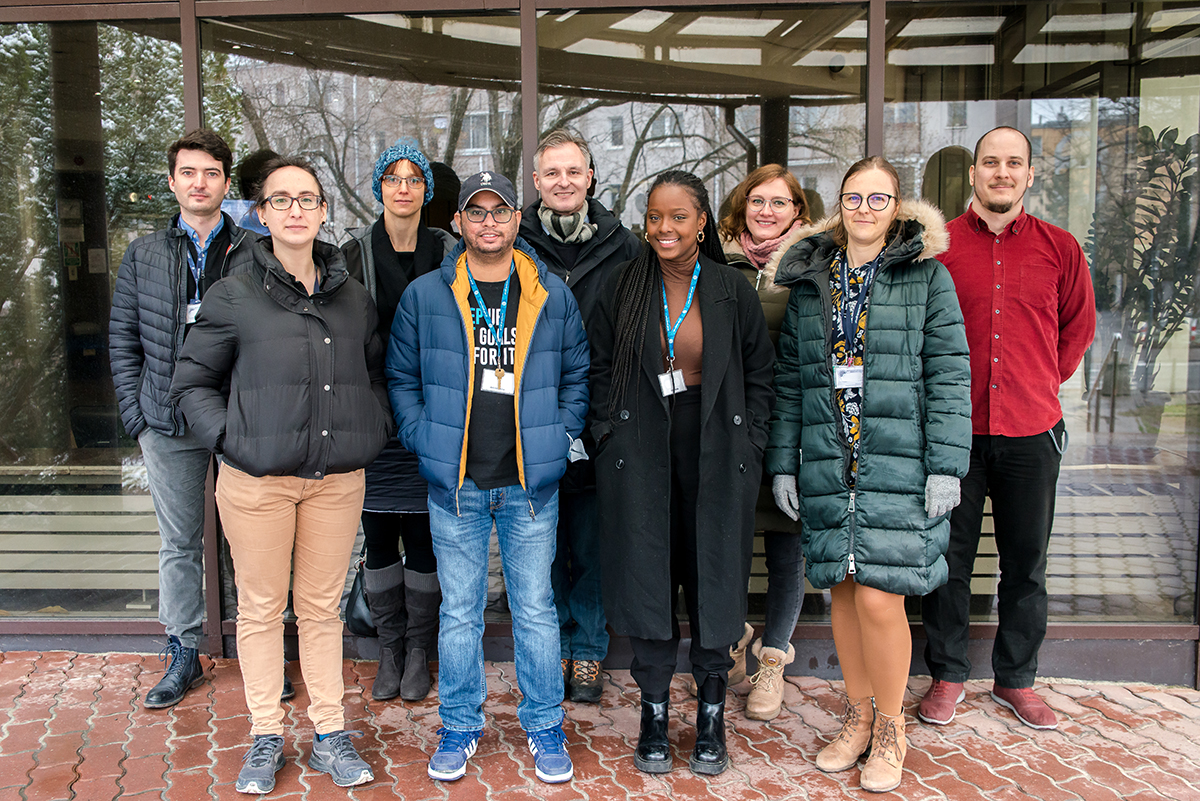

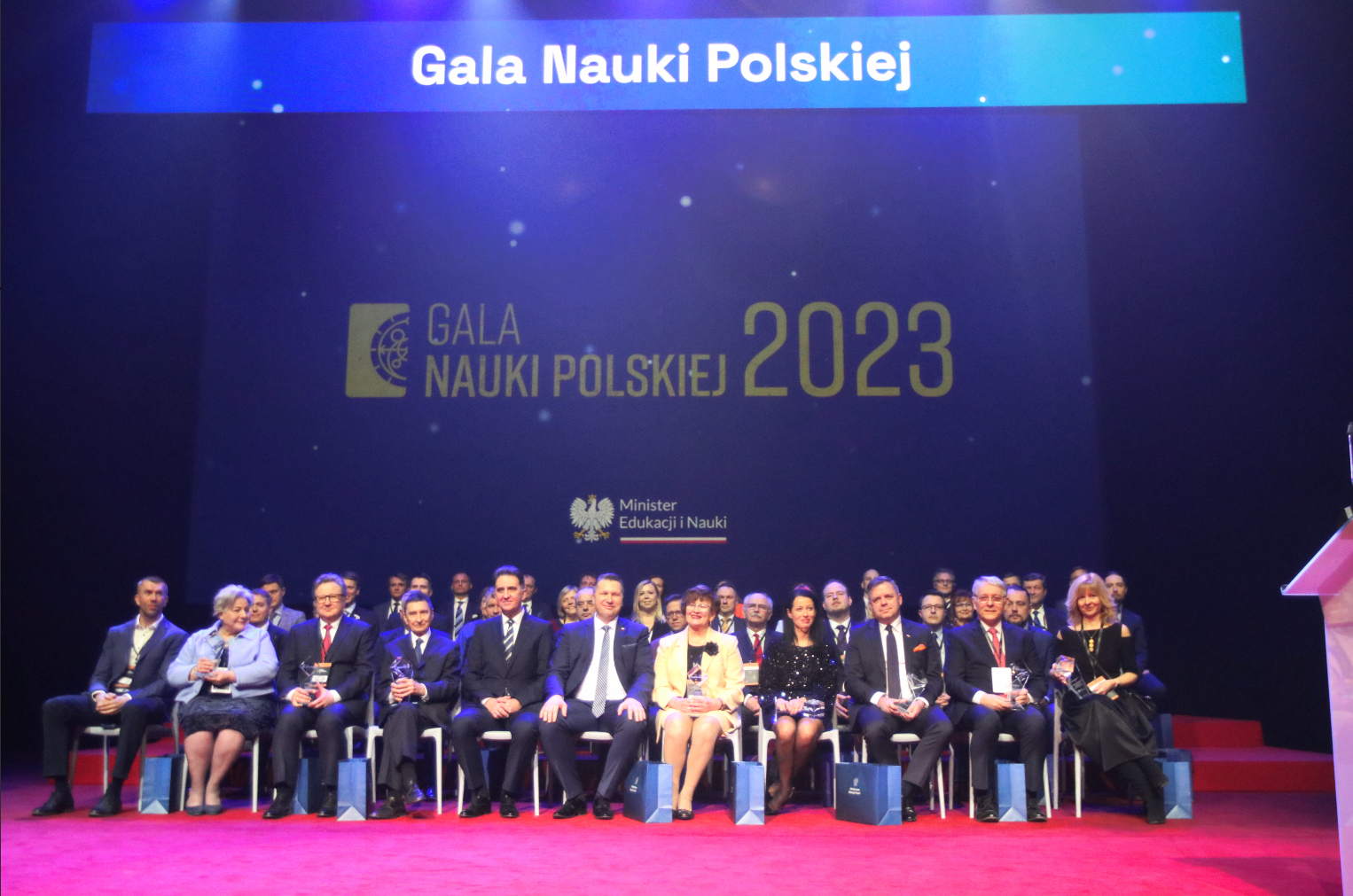
Dr. Urszula Białek-Wyrzykowska, the IIMCB Deputy Director for Development, took part in a conference entitled: "Scientific excellence has no gender" organized at the Faculty of Political Science and Journalism of Adam Mickiewicz University in Poznan by the Academy of Young Scientists of the Polish Academy of Sciences.. Her speech entitled: "Scientific excellence has no gender - a structured long-term program to equalize gender opportunities through changes in work culture and conditions" focused on the activities within that area undertaken by the IIMCB. Dr. Białek-Wyrzykowska presented also recommendations and examples of good practices implemented by the EU-LIFE – a consortium of European research institutes.
The problem of gender inequality in various aspects and areas of science, including the problem of hidden biases leading to disparities between men and women in science - it is an issue that has been a challenge for many years, not only in scientific community. Research and analysis reports on this issue published, among other institutions, by the National Science Center, the Foundation for Polish Science and the L'Oreal Foundation – clearly show the need to equalize disparities between representatives of both sexes at different levels and stages of scientific careers.
The conference organized by the Academy of Young Scientists of the Polish Academy of Sciences provided an excellent opportunity to start a dialogue among scientific research units. The aim of the event was also to develop real actions to stop the outflow of people of science from many research areas. The event was addressed to the authorities of scientific research units, representatives of the Ministry of Education and Science, science funding institutions in Poland and organizations involved in promoting science and scientific research in Poland.
The conference entitled: "Scientific excellence has no gender" was held on February 10, this year. It was co-organized by the National Science Center, the Center for Research on Women's Participation in Public Space at Adam Mickiewicz University in Poznan and the Office for the Promotion of Science "PolSCA" of the Polish Academy of Sciences in Brussels.
The participation of IIMCB representatives in the conference was funded by the MOSaIC project. 
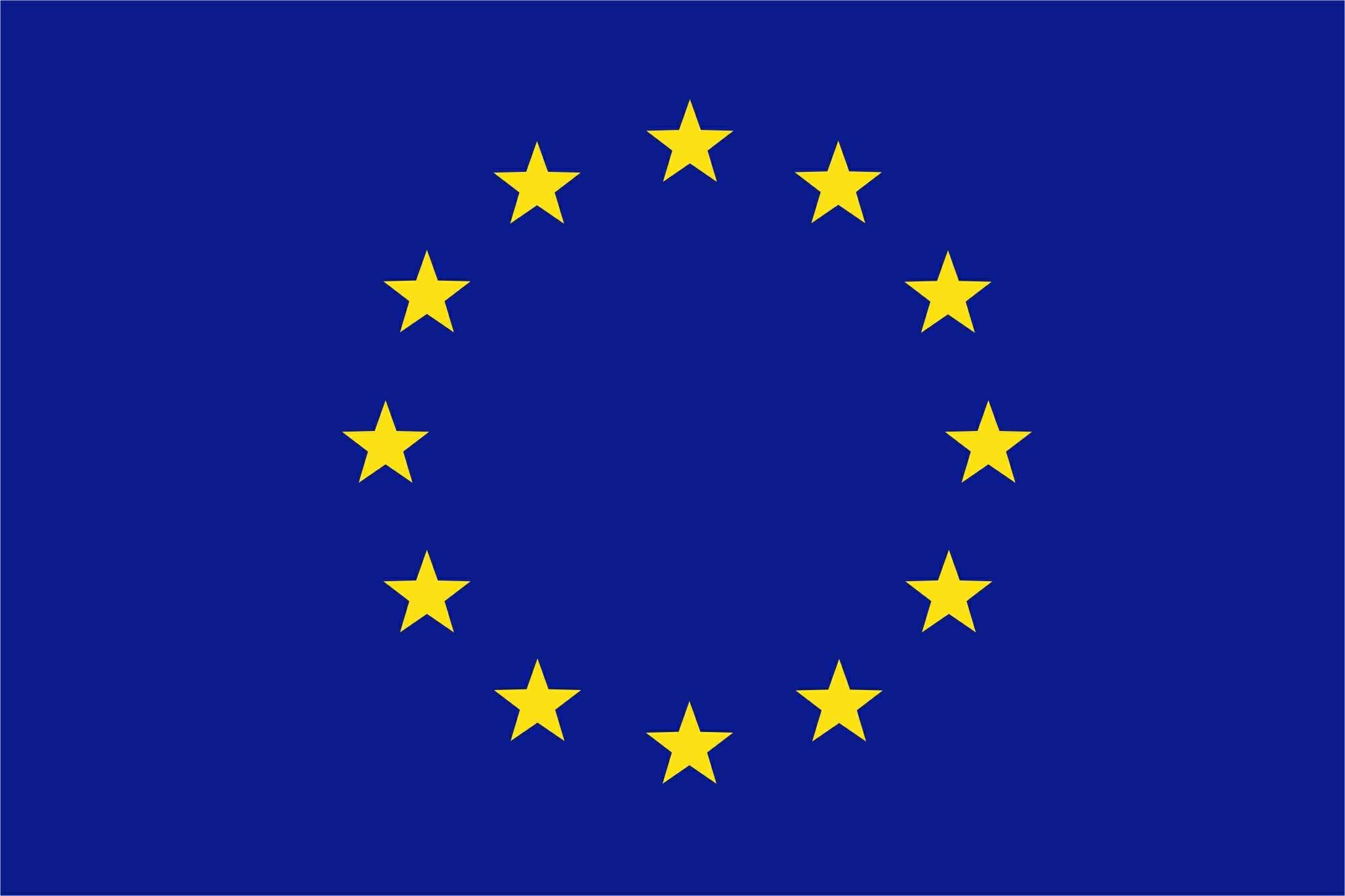
For more information, please visit the website: https://amu.pan.pl/dnnmp/
{gallery}excellence{/gallery}
Aging is a fascinating biological process, hallmarked with multiple alterations in the vital activities of cells and the whole organism. For instance, it is associated with hampered immune responses and reduced ability to adapt to the surrounding conditions. Have you ever wondered how aging affects the ability to regulate iron levels in our bodies? Can a simple change in diet improve iron turnover efficiency in aging individuals? Patryk Ślusarczyk and Pratik Mandal, et al. under the leadership of Dr. Katarzyna Mleczko-Sanecka (Laboratory of Iron Homeostasis) and Dr. Wojciech Pokrzywa (Laboratory of Protein Metabolism) answered these questions in their latest article in the eLife magazine.
As we age, our bodies lose the ability to properly regulate iron levels. However, the mechanisms of these changes have not been fully understood yet. The research done by the scientists from the Laboratory of Iron Homeostasis and Laboratory of Protein Metabolism showed that red pulp macrophages (RPMs) - the cells that remove defective red blood cells - become impaired and die during aging. This leads to the formation of iron- and heme-rich protein aggregates and the accumulation of “old and used” red blood cells in the spleen. Further studies showed that feeding mice with a reduced iron content diet improved RPMs functions and thus enhanced organism's capacity to “recycle iron”.
This discovery suggests that limiting dietary iron may be a potential strategy for maintaining proper iron homeostasis while aging. It also provides new information on the relationship between aging and iron homeostasis as well as may inspire future research on improving health of the elderly.
Read the whole article


